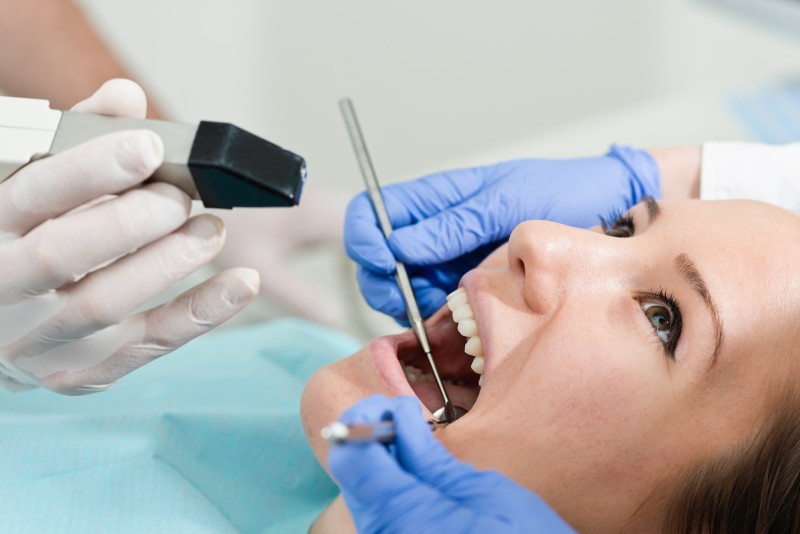How much Dental Implants in Salisbury NC will cost a patient is influenced by several factors. For example, if you have a pre-existing condition, such as periodontal disease, it will need to be remedied before dental implants can be placed. But the deciding factor is the total cost of the treatment.
What factors determine the price of the implant?
First and foremost, implant costs are dependent on the:
- Number of implants
- A Material of the implants (mostly titanium)
- Laboratory costs
- Dentist’s fee
- Possible costs for preparation
- Possible grafting of the jawbone, which may be necessary before the dental implant can be placed
Is bone reconstruction required before the placement of dental implants?
Dental Implants in Salisbury NC can only be set in healthy jaws. If the gums have become inflamed or the jawbone is not strong enough, the patient will not be able to receive the implant. Both periodontitis treatments and jawbone grafting are a prerequisite for implants. Only then can dental implants be firmly anchored in the jaw.
What does the treatment involve?
For starters, the first thing to do is set up an appointment with the dentist. During that visit, the dentist will examine the patient’s mouth and determine if the implant can be placed or if other issues need to be taken care of first. On the following visit, the progress of the procedure should be checked.
The first step is to obtain the patient’s medical history. In advance, X-rays are taken. Every patient is examined thoroughly so any current findings will be taken care of even before the implants are set.
As part of the examination, the dentist determines whether the patient has a stable bone structure. For some implant systems, direct implantation is possible even without an abutment. However, this is only in exceptional cases and for simple implants.
After exposure, special drills are used, which prepare the base for the implant (so-called implant bed). This part of the procedure ensures that the implants can later be safely and firmly aligned. In most cases, a drilling template is used, which specifies the exact direction and the correct angle.
The healing process usually takes between two and three months for dental implants in the lower and between four and six months for an implant in the upper jaw. Visit the About us section to learn more.


